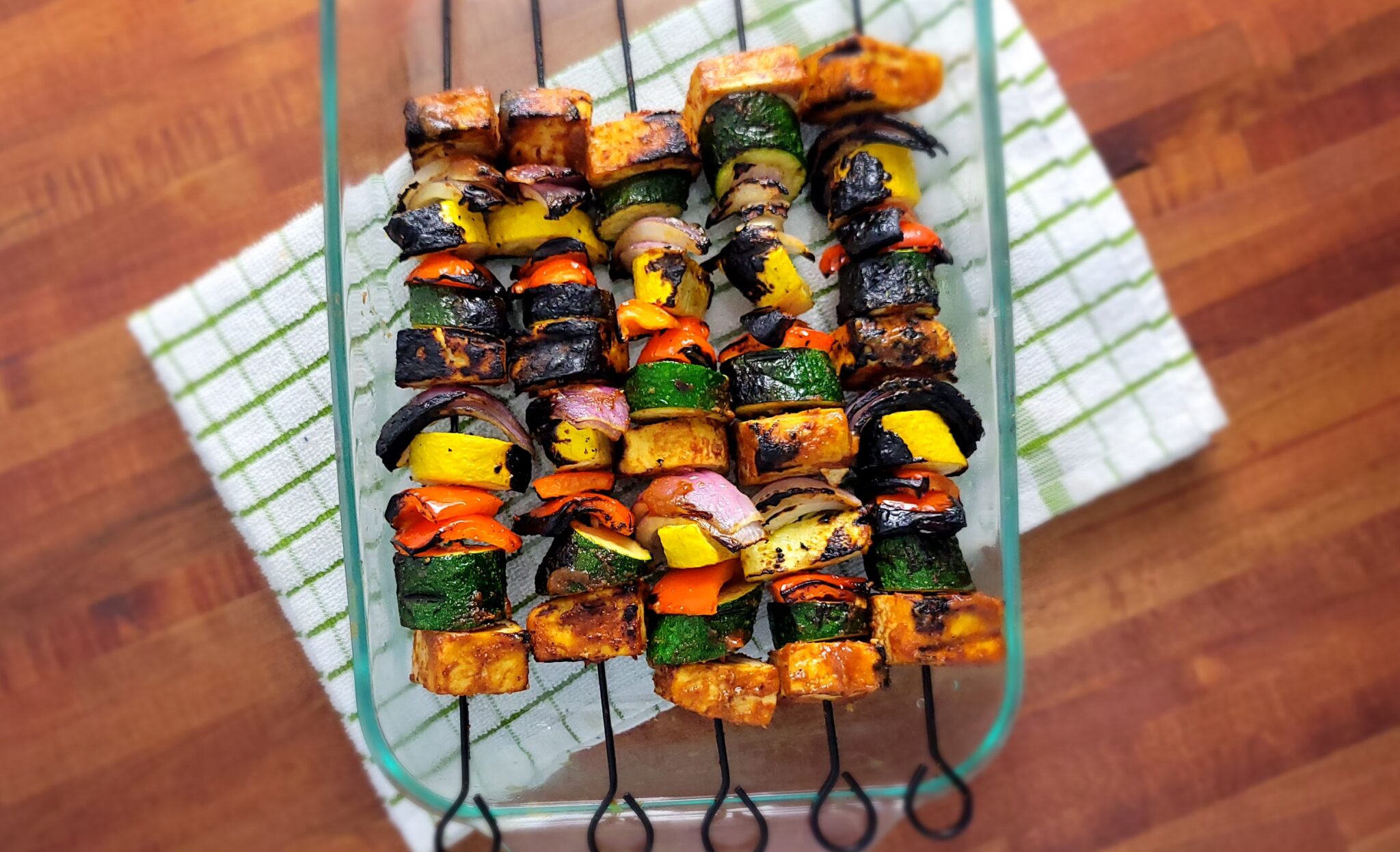A Comprehensive List of Foods Low in Potassium
According to the National Kidney Foundation, 37 million adults in the United States are living with chronic kidney disease (CKD). Chronic kidney disease describes a condition where one or both kidneys are damaged and lose their ability to filter and remove wastes and excess water from your blood. 1 in 3 adults is at risk for CKD with risk factors including diabetes, obesity, high blood pressure, a family history of kidney disease, and being over the age of 60.
Table of Contents
- Overview of renal diet
- The western diet and CKD
- What is a plant-based kidney diet?
- Benefits of a plant-based kidney diet
1: Overview of a Renal Diet
Virtually all of these individuals could benefit from following a renal (kidney) diet! The purpose of a kidney diet is to control the levels of electrolytes, minerals, and fluid in your body. This control becomes critical (and life-saving) as the disease progresses and requires dialysis.
While each patient is unique and requires diet planning specific to their individual needs (age, activity level, comorbidities, etc.), there are guidelines that apply to a general kidney diet. The kidney diet is designed to control the intake of:
- Protein
- Sodium
- Potassium
- Phosphorus
- Fluids
- Protein
Protein is necessary for the repair and maintenance of muscles, glands, and organs. When your body uses protein, it creates the byproduct urea. When your kidneys are healthy, urea is filtered and removed from your body in urine. When your kidneys are not working properly, urea builds up and can cause serious illness. A kidney diet helps control both the amount and type of protein you eat which in turn reduces demand on your kidneys.
Sodium
Sodium is necessary for many bodily functions and is found in overabundance in many of our foods, especially pre-packaged or processed food, and fast food. Sodium controls the amount of fluid in your body. Healthy kidneys remove this fluid, unhealthy kidneys cannot, leading to a dangerous level of fluid retention. Sodium also increases your blood pressure which adds to the strain of your poorly functioning kidneys.
Potassium
Potassium supports healthy nerve function and muscle contraction which in turn supports a regular heartbeat. Potassium also helps move nutrients into cells and waste products out of cells. When your kidneys are impaired, they can no longer remove excess potassium, so the level builds up in your body, a condition called hyperkalemia. Adverse effects of high potassium include nausea, weakness, numbness, and an irregular heartbeat.
Phosphorus
Phosphorus works with calcium to support strong bones and teeth and promotes healthy metabolism and how your body uses carbohydrates and fats. Healthy kidneys remove excess phosphorus from your blood. If your kidneys are impaired, your body’s high phosphorus level increases your risk of heart disease, weak bones, joint pain, and even death.
Fluids
Fluids of any type are easily removed by healthy kidneys, in fact, a healthy adult is encouraged to drink a minimum of 10-12 glasses of water daily. For a person with limited kidney function, this could be a very dangerous habit. People with CKD must control both the type and the number of fluids they consume based on their size, weight, activity level, and kidney function. Excess fluids lead to fluid overload or hypervolemia and can quickly overload and overwhelm your heart and lungs.
Related
2: The Western Diet And CKD
When exploring options for your kidney diet and your efforts to improve your kidney function, steer clear of the typical Western diet. Fast foods, junk foods, and most manufactured canned and pre-packaged foods are loaded with salt (sodium), additives, and preservatives and may be responsible for your current state of diminishing kidney function. The Western diet also increases your risks of diabetes, inflammation, hypertension, obesity, and impaired renal hormone production – all conditions that contribute to or worsen CKD!
3: Introduction to a Plant-Based Kidney Diet
The National Kidney Foundation highly recommends eating “more plant-based foods such as vegetables and grains in place of animal-based foods such as red meat.” Following a vegan or vegetarian kidney diet may slow or even prevent chronic kidney disease, type 2 diabetes, high blood pressure, and heart disease. [1]
Growing Evidence
In a 2019 study published in the Clinical Journal Of American Society of Nephrology entitled Plant-Based Diets in CKD, researchers concluded that “there is growing evidence, that plant-based, vegan and DASH diets may delay progression to end-stage renal failure and the resulting dialysis and may potentially improve survival.”
“Our findings are consistent with previous studies, in that higher consumption of fruits, vegetables, whole grains, nuts, and legumes and lower consumption of red and processed meats are associated with a lower risk of kidney disease.” – Casey M. Rebholz, PhD. [2]
Meat-based diets are high in full-fat dairy and sulfur-containing amino acids and phosphate. While plant-based diets and vegetarian kidney diets are lower in sulfurous amino acids and lower in phosphorus. Lowering both sulfur and phosphorus will reduce the risks associated with cardiovascular disease, CKD and may improve renal function.
How To Begin Your Vegan (Plant-Based) Kidney Diet
Recommendations from the National Kidney Foundation include:
- Replace animal proteins with plant sources of protein including legumes, nuts, soy, tofu, and whole grains.
- Choose whole-grain products over processed grain products (bread, pasta, etc.).
- Keep a food journal to track your intake and use it as a reference with your dietician and your nephrologist.
Recommendations from the American Kidney Fund include:
- Avoid packaged and processed foods! Phosphorus is added to packaged foods as a preservative and is easily absorbed into your blood.
- Eat more fruits and vegetables! Less than 40% of phosphorus from plant-based foods is absorbed into your blood. You can enjoy a great variety of fresh options with less worry about increasing your phosphorus levels.
- Always choose whole fruits and vegetables over juices. Eating an orange is a better option for a kidney patient than orange juice. The orange provides the nutrients and pulp you need with less fluid, which you do not need. This holds true for all fruits and veggies
4: Benefits of a Plant-Based Kidney Diet
- Decreased protein in blood and urine.
- Improves glomerular filtration rate (GFR) kidney function and kidney blood flow.
- Causes less kidney tissue damage when compared to an animal diet.
- Reduces your risk of kidney cyst growth and kidney stones.
- Improves the lipid (cholesterol) profile of your blood.


Thank you.